Florence Pugh is mesmerising as she transmutes from nervous bride to femme fatale in this bracing British period drama based on a 19th century Russian classic.
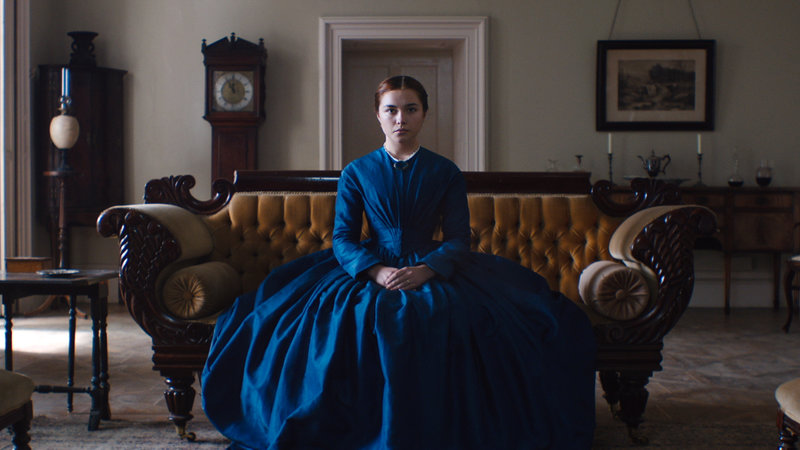
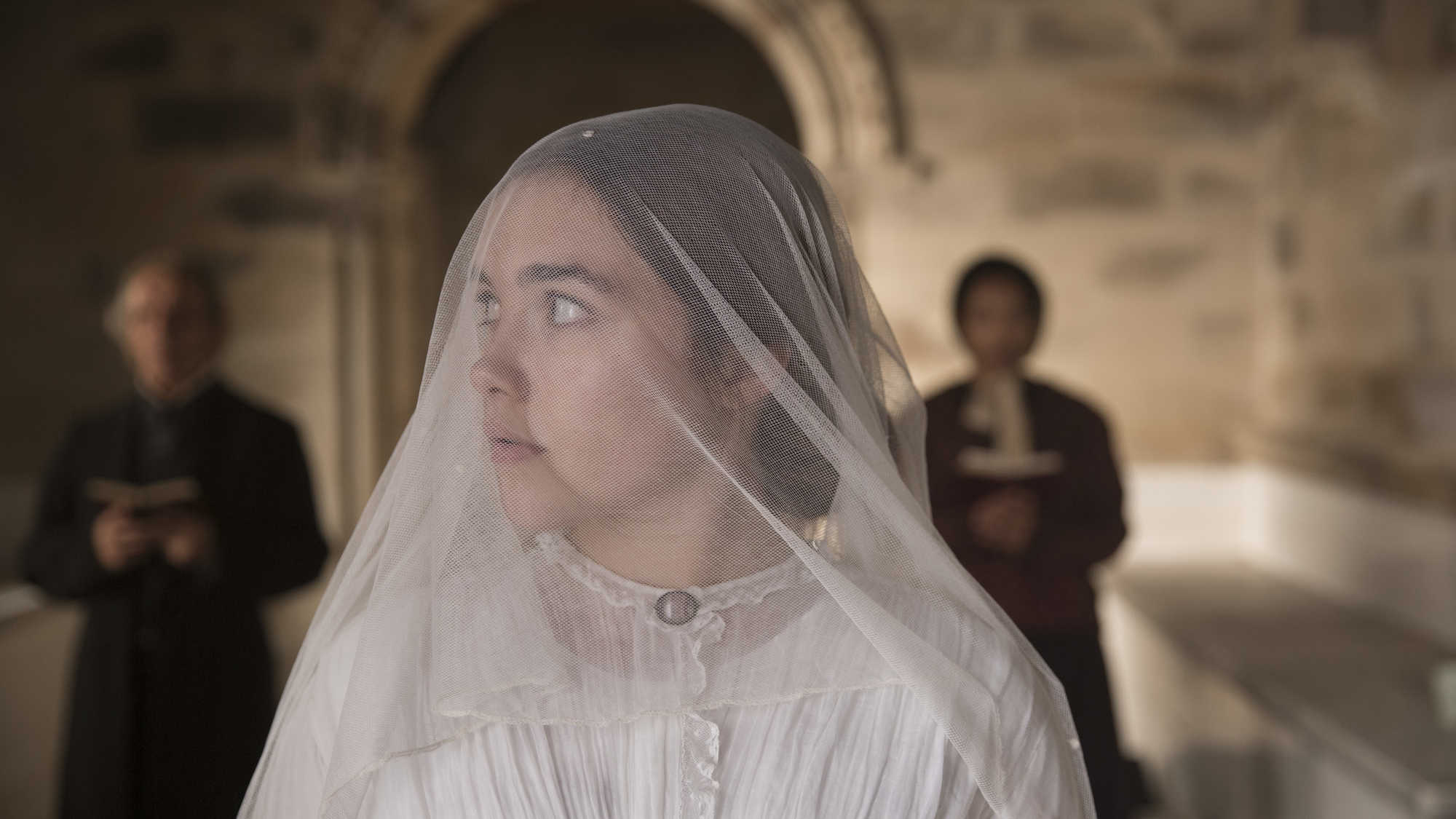
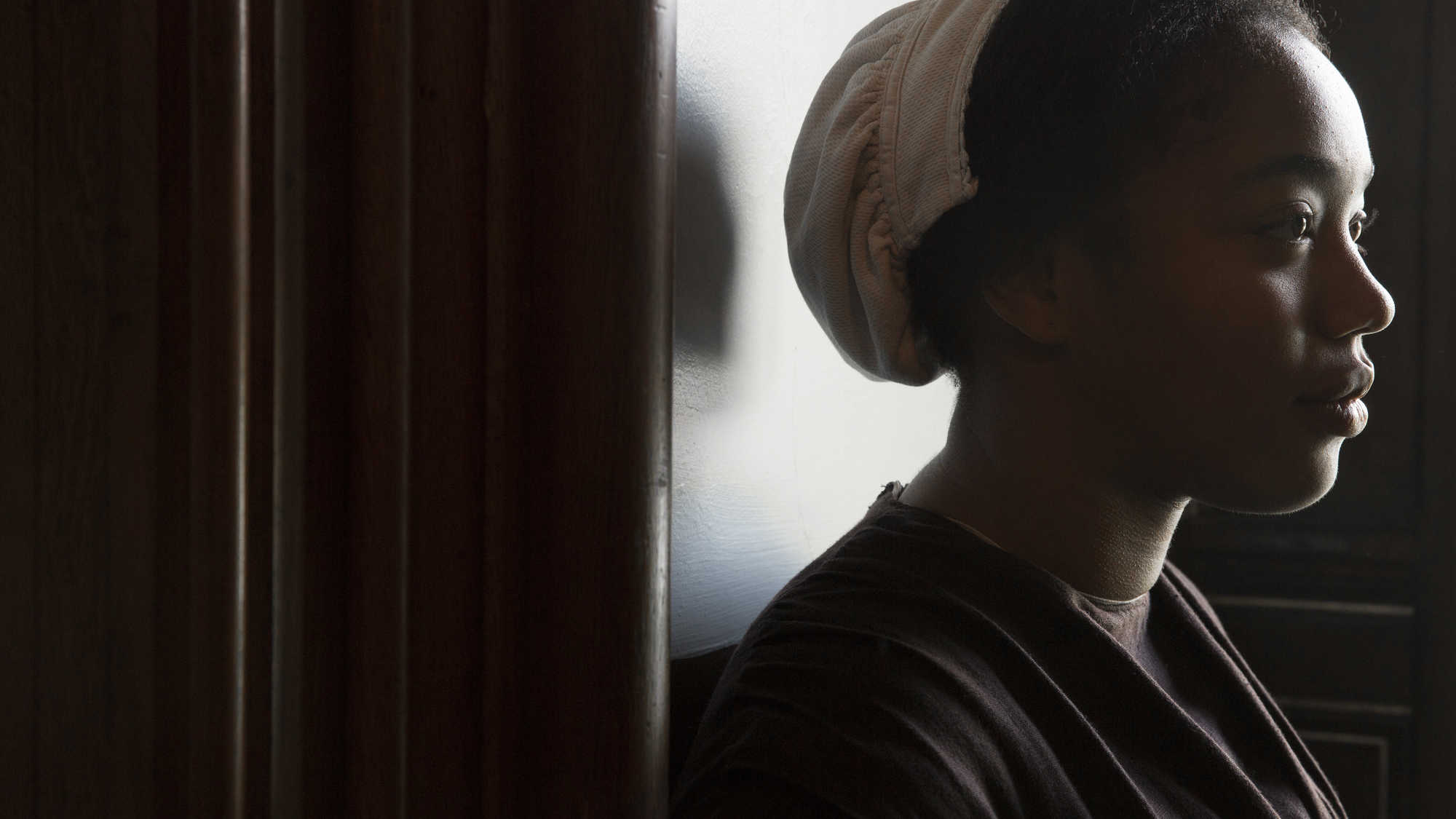
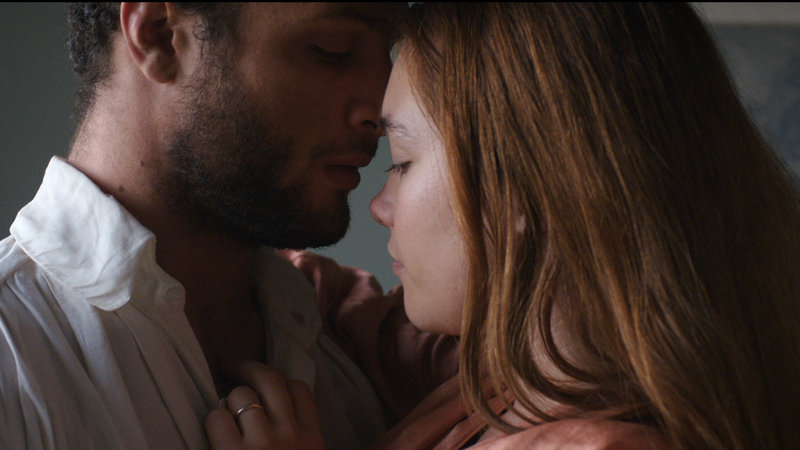
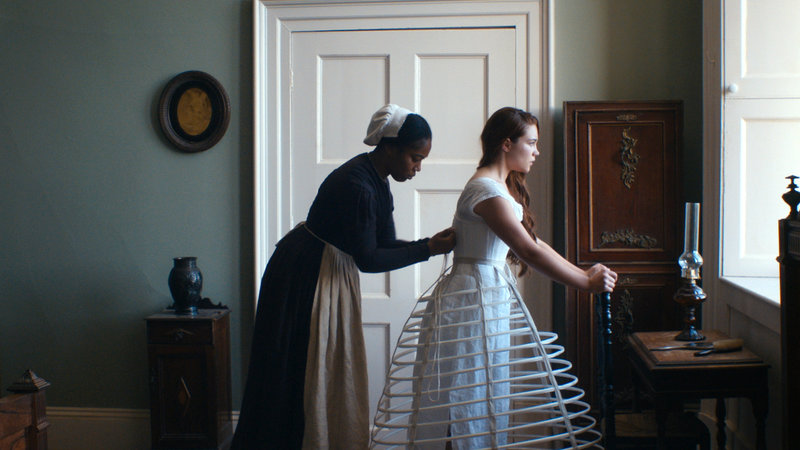
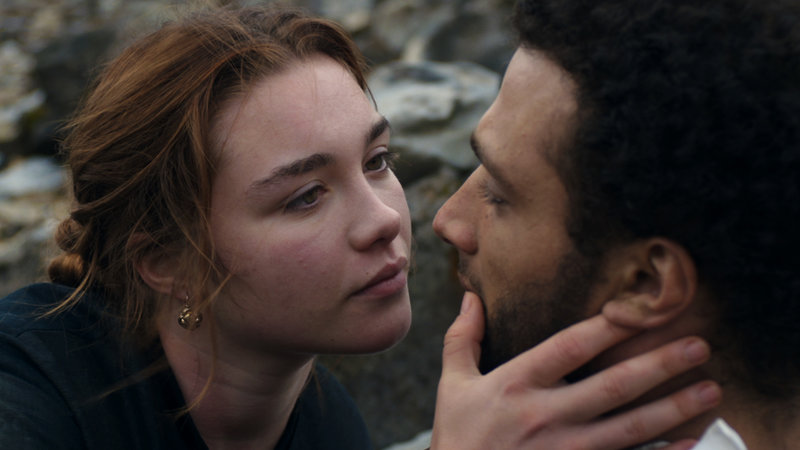
A barbed feminist fable of class, cruelty and sexual power that feels absolutely true to its period and uncannily attuned to the present moment.
Screened as part of NZIFF 2017
Lady Macbeth 2016
Victorian patriarchy meets its match in this juicy period drama. The title alerts us to murderous intent, but the source material here is one step removed from Shakespeare: director William Oldroyd and writer Alice Birch’s striking debut is a stylised reinvention of the 1865 Russian novella Lady Macbeth of the Mtsensk District. Katherine (Florence Pugh) is a young bride, a virtual captive in the draughty mansion of her dour mine owner husband. Her flinty father-in-law pressures her for an heir, though the sadistic ritual unfolding nightly in the marital bedroom scarcely favours reproduction. The incredulous Katherine plots her liberation. If she’s prepared to contemplate murder to escape this disgusting prison, what won’t she do to guarantee her pleasure when she finds it in the arms of the taunting hunk (Cosmo Jarvis) who runs the household stable? Her maid (Naomi Ackie) stands by, rendered mute by the trouble she sees. Pugh, in virtually every scene, is mesmerising – her insolence smouldering as she’s corseted into tight bodices and hooped skirts, her abandon as sumptuous as her flesh when she casts them off.
Twenty-first century identity politics flicker through this revisionist masterpiece theatre. Colour-blind casting adds a frisson of racism to the routine abuse of the servant class while Katherine’s self-empowerment may feel proto-feminist in intent.
“Oldroyd coolly subverts the fusty conventions of British costume drama… [the film] deliberately incurs as many debts to Chandler and Hammett as it does to Austen or Eliot.” — Jonathan Murray, Cineaste